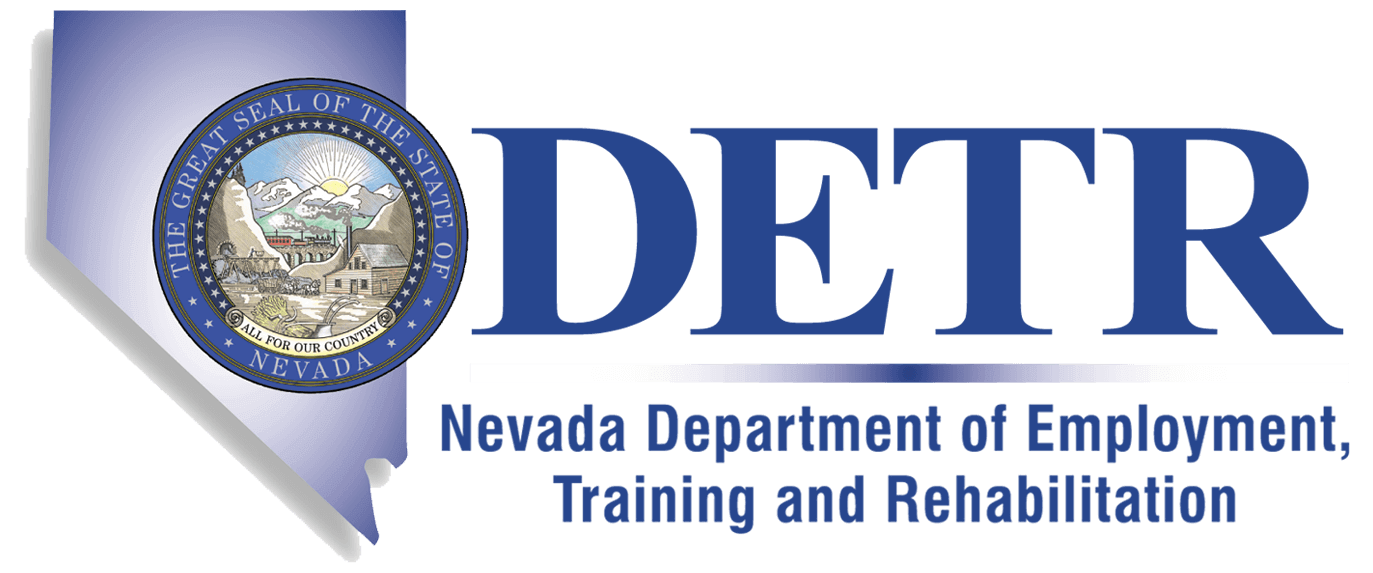Employers
Why hire people with disabilities?

Expand your market
One in four Americans live with a disability. With an estimated $200 billion in discretionary income, this population—as well as their family and friends appreciate businesses that recognize and accommodate those with disabilities.
Gain a competitive edge
Companies cite high levels of motivation and attention to work quality as reasons why employees with disabilities contribute to business results. People with disabilities are innovators, community leaders and successful in businesses of all types.
Reduce turnover
Increase your talent pool
Finding qualified, committed employees can sometimes be difficult. People with disabilities offer a ready pool of ideal workers. Proven problem-solvers, they demonstrate creativity and adaptability in confronting challenges and getting jobs done.
Qualify for financial incentives
The federal Work Opportunity Tax Creditopens a new window and Disabled Access Credit are available to employers that hire people who traditionally have faced barriers to employment. In addition, the Architectural Barrier Removal Tax Deduction encourages businesses to remove office and transportation obstacles that limit the mobility of persons with disabilities. Learn more about financial incentives available to Nevada businesses.
Enhance your company culture
Employees with disabilities help companies create diverse cultures that attract desirable talent pools. Demonstrate social responsibility by creating an inclusive workplace and hiring people with disabilities, including youth, maturing workers and veterans.
business assistance program
VR Nevada offers a full-service business assistance program for business owners and employers that helps them gain a critical advantage in today’s highly competitive marketplace. We provide professional consultation services to assist business owners and employers in developing short and long term strategies regarding their varying disability-related issues. We also help individuals with disabilities maximize their employment opportunities by helping them develop the skills that today’s businesses are seeking.
We make it easy
Our no-cost services are designed to aid you in staff education and finding the right match to fill your staffing needs, including the following:
- Free assistance with recruitment and job matching.
- Pre-screened and qualified applicants.
- Pre-employment training programs.
- Employee matches based on your business needs.
- Soft skill development.
- Customized employee training strategies.
- Access to on-the-job training funds.
- Reliable technical assistance and referrals.
- Quality assurance through follow-along employer and employee support for the first three months.
We offer staffing solutions in many industries including:
health care and medical services
information technology
tourism, gaming and entertainment
logistics and operations
manufacturing
retail and customer service
Workforce integration and training
Hiring employees with disabilities allows businesses to demonstrate their commitment to workforce diversity, equity and inclusion. It also enables entities that receive federal funding comply with federal requirements related to employment of people with disabilities. We can assist employers with no-cost training on a number of topics related to the successful integration of people with disabilities into their companies, including:
- Introduction to the Americans with Disabilities Act.
- How people with disabilities contribute to business success and a safe workplace.
- “Why are younger employees asking for accommodations?” Navigating new perspectives on workplace inclusivity.
- Helping Nevada colleges, cities, and counties meet federal requirements for hiring people with disabilities.
Our staff is available to meet with your hiring department to explain how we actively help recruit, onboard and retain employees that match your business needs. We also work with employers to identify and provide the assistive equipment and software needed by some workers with disabilities.
Tax and other benefits
Common credits and deductions
ADA
Under the Americans with Disabilities Act (ADA), employers are required to provide reasonable accommodations to qualified individuals with disabilities in order to enable them to perform essential job functions. The specific accommodations vary based on the individual’s needs and the nature of the job, but here are some general examples:
- Assistive Technology: Providing or allowing the use of assistive technology, such as screen readers, magnification software, or speech recognition software for employees with visual or cognitive impairments.
- Flexible Work Schedule: Allowing for flexible work hours or alternative work arrangements to accommodate medical appointments, treatment, or other disability-related needs.
- Job Restructuring: Modifying the duties and responsibilities of a job to make it more feasible for an employee with a disability. This could involve reallocating non-essential tasks or adjusting work hours.
- Telecommuting: Allowing employees to work from home or another remote location if the nature of the job permits, providing greater flexibility for individuals with disabilities.
- Modified Equipment: Adapting or modifying equipment to accommodate an employee’s specific needs, such as providing ergonomic chairs, adjustable desks, or specialized tools.
- Sign Language Interpreters: Providing sign language interpreters or other communication aids for individuals who are deaf or hard of hearing.
- Accessible Communication: Ensuring that communication methods, such as written materials or company announcements, are provided in accessible formats, such as large print or electronic formats.
- Medical Leave: Granting additional unpaid leave or modifying the leave policy to accommodate an employee’s medical needs or disability-related treatments.
- Job Coaching or Mentoring: Providing job coaching or mentoring to assist employees in learning job tasks and improving job performance.
These are just some examples, and the specific accommodations needed will vary depending on the individual and their unique circumstances. It’s important for employers to engage in an interactive process with employees to identify and implement effective accommodations that allow them to perform the essential functions of their jobs.
If an employee or employer needs help understanding or implementing reasonable accommodations, they can reach out to VRNevada for help.
Success Stories
Dion Williams
Dion Williams has overcome significant challenges to become a successful entrepreneur through the Business Enterprises of Nevada (BEN) program. Despite losing his vision gradually with age, his determination and resilience...
Edgar Cañas
Edgar applied for services from VR Nevada as a student with a disability as a high schooler. Through counseling and guidance, Edgar was encouraged to finish high school and work his way from a community college graduate all...
Guillaume Zagol
Congratulations to Guillaume Zagol for reaching his 10 year work anniversary at the Guadalajara Mexican restaurant in Boulder Station! Guillaume was one of the first five participants in our Pathway to Work program at...
Success Stories
Dion Williams
Dion Williams has overcome significant challenges to become a successful entrepreneur through the Business Enterprises of Nevada (BEN) program. Despite losing his vision gradually with age, his...







